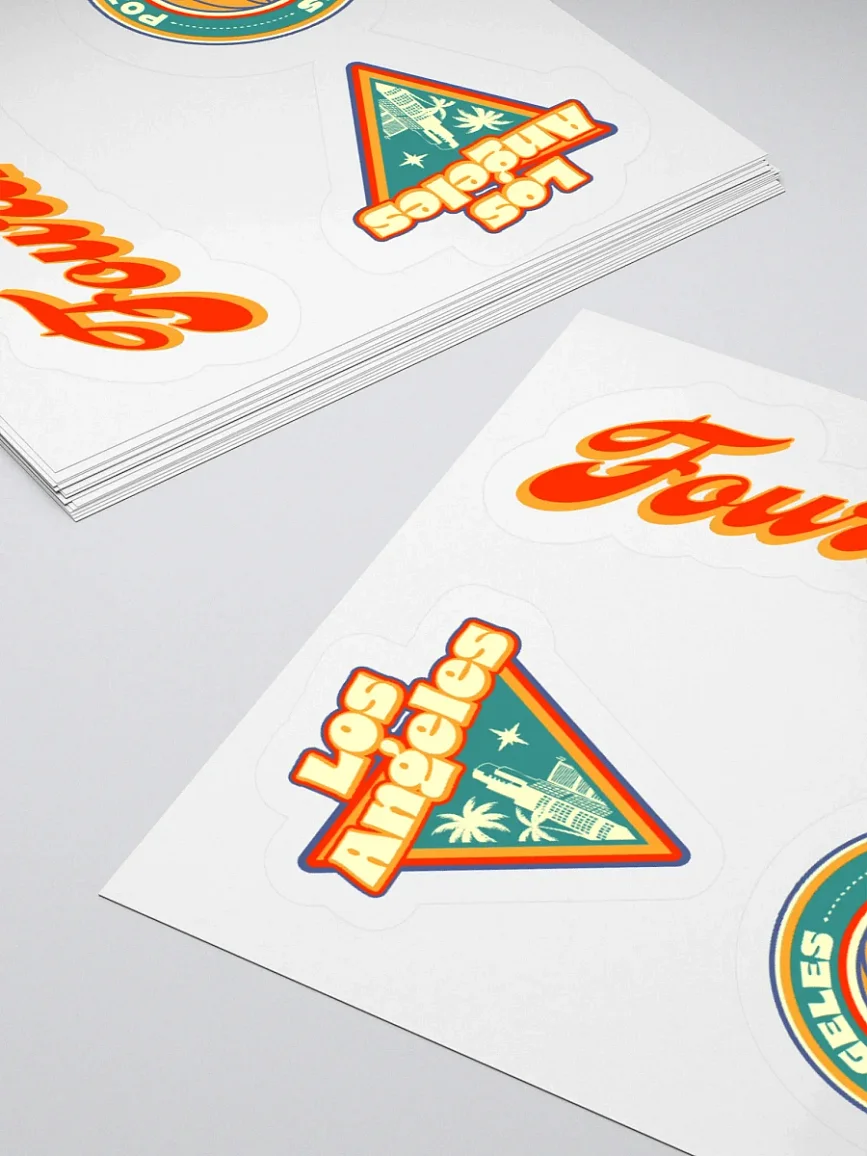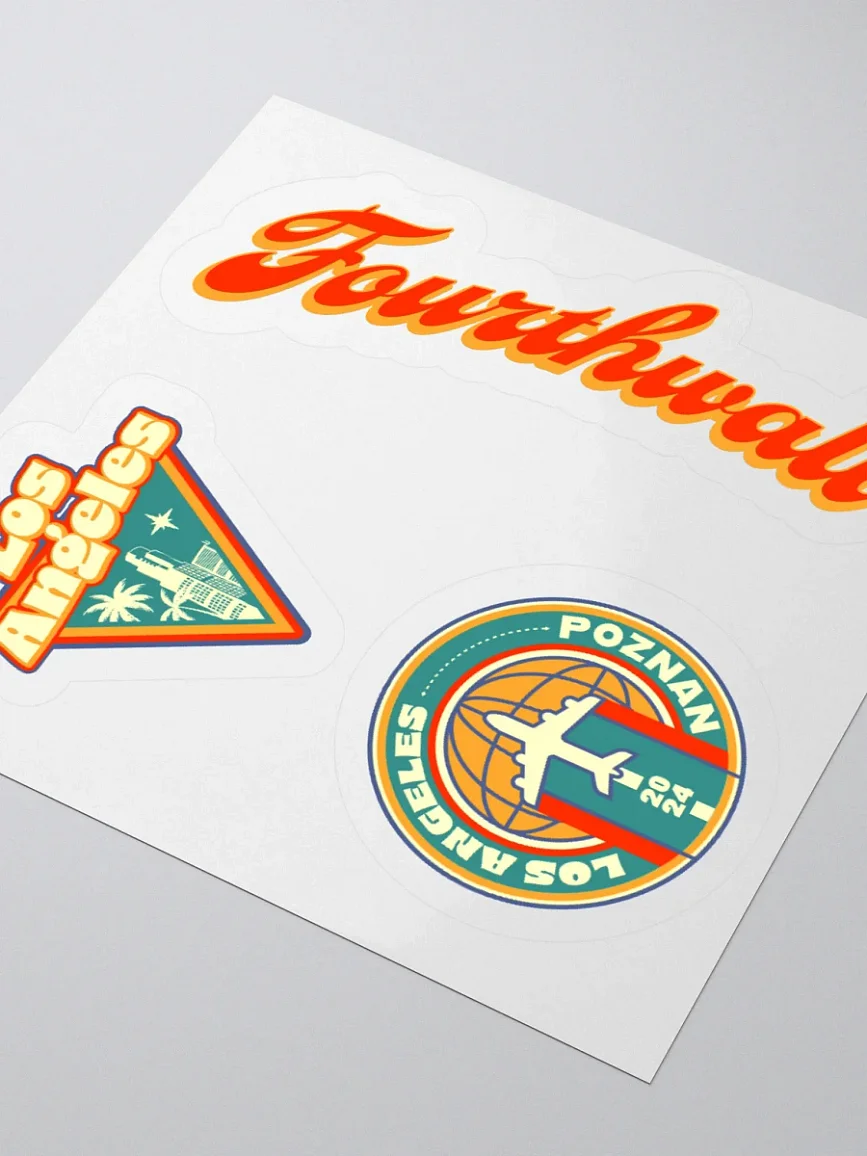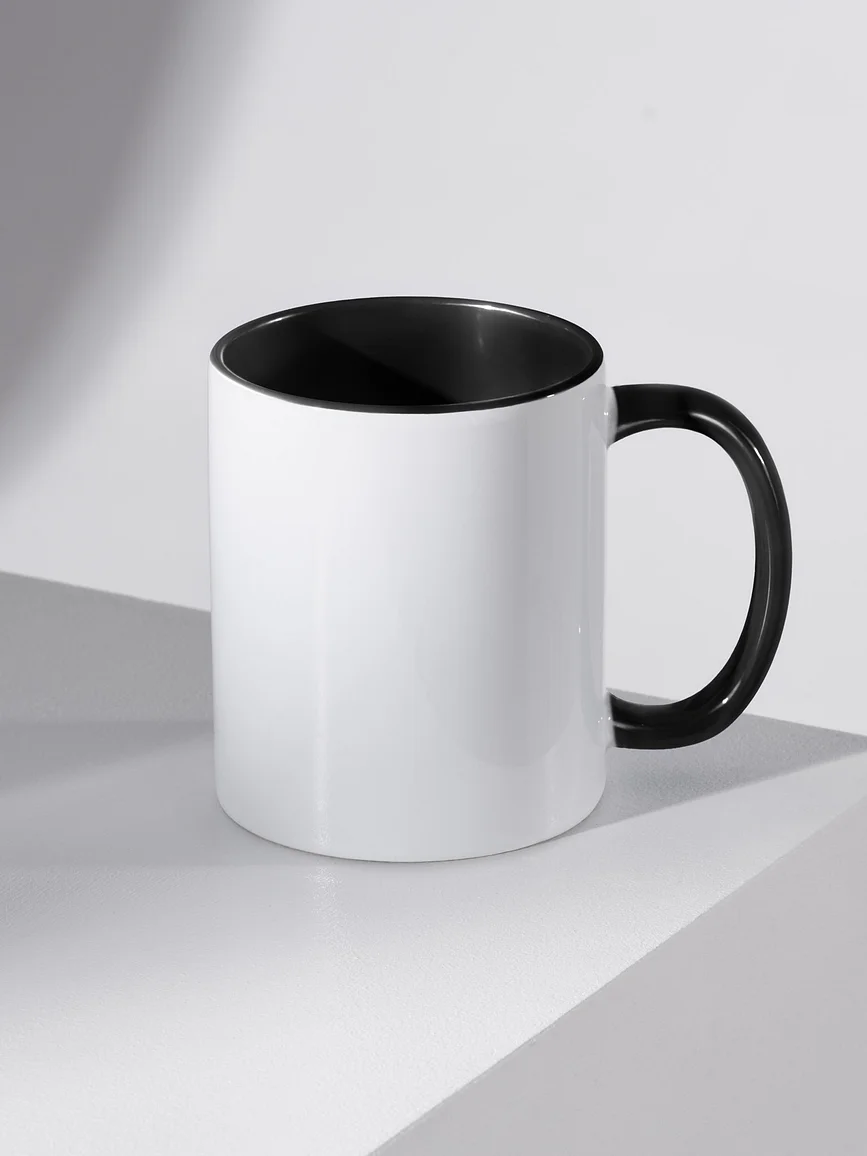Start a Merchandise Business in Six Steps

Starting a merchandise line is becoming increasingly popular among content creators who want to monetize their brand and connect with their audience in ways other than ad revenue.
By creating branded custom merch products related to their content, creators are able to strengthen their brand and foster a deeper connection with their fans. This trend is on the rise, and provides great opportunities for creators to launch a profitable venture.
We'll explore the necessary steps for creators looking to start their own merchandise store, and showcase a few examples from some of Fourthwall’s top creator shops!
What Is a Merchandising Business?
A merchandise business, for content creators, offers a platform to translate your digital presence into tangible custom merch products for your followers. From print on demand apparel adorned with logos and catchphrases to accessories featuring beloved characters or designs, these custom merch goods create a direct and personal connection between creators and their fan base.
Beyond generating revenue, a successful merchandising business can foster community engagement and strengthen fan loyalty by providing your supporters with ways to proudly showcase their affiliation with your brand. By starting your own custom merchandise line, you not only expand your brand visibility, but also encourage more connections with your audience, transforming passive consumers into active ambassadors for you and your brand.
Benefits for Creators Starting Their Own Merchandise Line
Additional Revenue Stream
Creating a custom merch line can provide content creators with a more stable and diversified income base. Unlike ad revenue, which can fluctuate based on factors like changes in algorithms or advertiser demand, and sponsorships, which may be sporadic or reliant on market conditions, merchandise sales from your own merch store can offer a more predictable and consistent source of income.
This stability can be especially crucial for creators who rely heavily on digital platforms where monetization models can be subject to sudden shifts.
Audience Engagement
When fans wear or use custom merchandise associated with their favorite creator, they become walking ambassadors, sparking conversations and further spreading awareness of the creator's brand.
The process of designing and releasing custom merchandise can also involve direct collaboration with your audience - by soliciting feedback on product ideas, designs, and preferences on social media, you not only ensure that your merch resonates with your audience but instill a sense of collaboration among your fans.
Control Over Branding
By maintaining control over branding, creators can uphold their values, principles, and authenticity throughout every aspect of their merchandise line. They can prioritize ethical sourcing and production practices, ensuring that their custom merch products align with their commitment to sustainability and social responsibility.
In addition, creators can use their merchandise as a platform to champion causes they believe in, whether through charitable partnerships, awareness campaigns, or fundraising initiatives.
Market Expansion
Merchandising allows creators to tap into new audiences who may not have been exposed to their content through traditional digital channels. This can act as a form of organic marketing, expanding the creator's reach through word of mouth recommendations and social sharing.
Furthermore, the global reach of ecommerce platforms like Fourthwall allows creators to access markets beyond their geographical location, reaching fans and potential customers worldwide. By leveraging online marketplaces and shipping services, creators can overcome traditional barriers to entry and expand their brand's footprint to international audiences.
For instance, Fourthwall partners with fulfillment centers in the US, UK, EU, and Australia to send your custom merch products around the globe via low-cost, fast shipping.
Collaboration Opportunities
Collaborations can be mutually beneficial opportunities that allow creators to leverage each other's audiences, expertise, and brand equity to create unique and compelling merchandise offerings.
By working with established brands and companies, creators can gain insights into different aspects of the industry, such as product development, marketing strategies, and audience engagement techniques. These collaborations not only help creators expand their skill set, but broaden their professional network.
Data Insights
By analyzing sales data, product performance metrics, and customer feedback, creators can gain a deeper understanding of their audience's preferences, interests, and purchasing habits. These insights can inform future content creation strategies for their merch store by helping creators tailor their digital content to better resonate with their audience's interests and preferences.
For example, if certain custom merch items consistently sell well or receive positive feedback, creators can create related content or explore similar themes within their digital content to continue that fan enthusiasm.
7 Steps to Start Your Merchandise Line
1. Define Your Merch’s Brand
Before thinking of cool custom merch products to sell to your audience, it's important to develop a distinct brand for your merchandise. This brand serves as a direct reflection of your identity and values and helps your products stand out in an overcrowded marketplace.
If you’re a creator with an established brand, you might want to capitalize on the trust you built with your audience and base your merch ideas off of that. For example, YouTuber and tech guru Marques Brownlee has his own custom merch line based on his brand MKBHD. Not only do Brownlee’s products (which include everything from apparel to drinkware and tech accessories) have his signature MKBHD logo printed on them, but he also incorporates custom designs and graphics that are associated with his brand and content.

2. Craft a Business Plan
Crafting a business plan is an important step in establishing and growing your merchandise business. This comprehensive roadmap should help you outline key elements such as goals, target audience, and financial projections to provide your business with a clear direction.
Begin by defining your goals, from merch ideas to revenue targets, markets to brand recognition. Next, conduct market research to identify your target audience. By understanding their preferences, demographics, and purchasing behaviors, you can tailor your merchandise to appeal directly to their interests and needs.
Outline your competitive landscape, analyzing strengths, weaknesses, opportunities, and financial projections, so you can position your business strategically. A well crafted business plan serves both as a guide for your daily operations and as a tool for attracting investors, securing funding, and fostering long term growth.
3. Explore Printing and Production
Next up, the logistics of printing and production for your merch ideas. Decide whether to opt for in house production or leverage print on demand platforms like Fourthwall, where you can choose from several hundred high quality products available for customization.
Consider factors such as cost, quality control, turnaround time, and scalability when making this decision. In house production offers greater control over the manufacturing process, but requires significant upfront investment in equipment, materials, time, and labor, while print on demand services like Fourthwall eliminate the need for inventory management and upfront costs, allowing you to offer a wider range of products without the risk of overstocking.
With Fourthwall, you can choose from hundreds of high quality products, design them, and sell them instantly. Whether you want to sell premium made to order products with print on demand (POD), or to do a limited-run drop with screen printing or embroidery, Fourthwall has you covered with the best quality!

4. Design Your Merchandise
Make sure you invest plenty of time and creativity in crafting designs that authentically reflect your brand's ethos, values, and aesthetics. Whether it's through iconic logos, memorable slogans, or captivating illustrations, your designs should evoke a strong emotional connection with your audience while also standing out visually in a competitive market.
Collaborating with talented artists or designers can inject fresh perspectives and creative flair into your merch, enriching your offerings with diverse styles and expertise. Make sure to prioritize coherence and consistency across your product line, making sure that each design aligns seamlessly with your brand narrative and resonates with your target demographic.
For instance, musician and streamer Danielle Allard incorporates fun dinosaur illustrations and graphics into her merch store. Allard, who defines herself as a dinosaur enthusiast, embraces her love for prehistoric creatures through her brand, creating merchandise that not only reflects her unique personality but also resonates with her audience of fellow dinosaur fans.

5. Set Up an Online Store
Setting up an online store is essential for any merchandise business to succeed in today's digital age. A well designed and user friendly website serves as the primary storefront for your brand, allowing you to showcase your merchandise and engage with customers from around the world.
Platforms like Fourthwall provide invaluable support in this endeavor, offering plenty of user friendly tools and features to streamline the process of creating a personalized online store. With Fourthwall's interface, you can easily customize your online shop to reflect your brand’s identity, incorporating branding elements, color schemes, and imagery that resonate with your audience.
Fourthwall also lets creators choose from a diverse range of retail quality products for their merch stores, from apparel and accessories to home decor and stationery, enabling you to curate a product catalog that caters to your customers' preferences and interests.
By utilizing Fourthwall's platform, you can create compelling merchandise and marketing strategies, while Fourthwall handles the complexities of order processing, printing, and fulfillment.
6. Market Your Business
Marketing your merchandise business is crucial for increasing brand awareness, driving traffic to your online store, and ultimately boosting sales. Begin by crafting a comprehensive marketing plan that outlines your objectives, target audience, and strategies for reaching them.
Utilize a mix of digital marketing channels, including social media, email marketing, and collaborations, to amplify your reach and effectively engage with your audience. Leverage social media platforms like Instagram, Facebook, and Twitter to showcase your merchandise, share behind-the-scenes content, and interact with your followers in a meaningful way.
Create visually appealing posts and stories that highlight your products and encourage user-generated content through hashtags and contests. By incorporating strong calls-to-action and product placements within your content, you’ll encourage your audience to explore your merchandise offerings further.
If you really want your merchandise to take off, then consider creating separate social media accounts for your online shop. This will not only expand your brand's presence but also allow you to develop content that focuses solely on your merchandise.
For instance, YouTuber Philip DeFranco's Fourthwall shop, Beautiful Bastard, has its own Instagram and TikTok page. Both pages are filled with promotional content that features upcoming products, sales and discounts, and behind-the-scenes footage of new apparel.
Frequently Asked Questions
How much does it cost to start a print on demand business?
The cost of starting a print on demand business varies based on factors like product selection, printing methods, and platform fees.
With Fourthwall, there are no upfront costs - you're simply charged 3% or less on print on demand products, and a 5% flat fee on memberships; this allows you to start your business without any investment up front except for your time!
What type of business sells merchandise?
Any business, especially those with a strong online presence, can venture into print on demand merchandise. This includes content creators, influencers, artists, musicians, and even traditional businesses looking to diversify their revenue streams.
How do you promote a merchandising business?
Promoting your merchandising business involves making best use of digital marketing strategies. Utilize social media platforms, collaborate with influencers, run targeted ads, and engage with your audience and fans to create awareness and drive sales of your custom merch.
Empower Your Merchandise Business with Fourthwall
Starting a merchandising business holds so much potential for content creators, and Fourthwall is a great way for you to get started in custom merch! Fourthwall lets creators to launch their own online store, customize and sell high quality merch products, and even manage exclusive memberships for their most dedicated fans.

Elevate your merchandise business with Fourthwall and you'll unlock so many possibilities for custom merch hype, brand monetization, and audience connection. Join Fourthwall today and transform your creative endeavors into a thriving business!
















